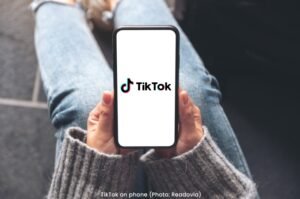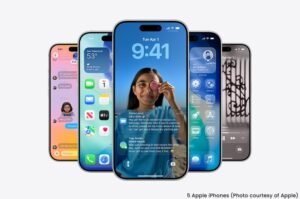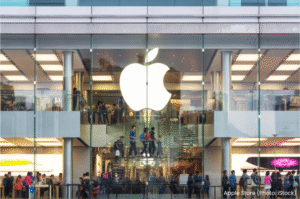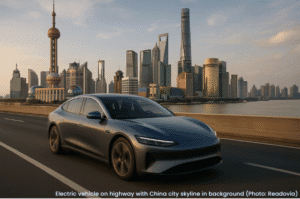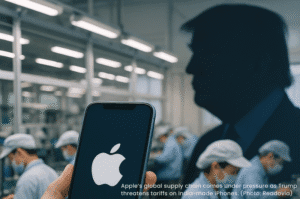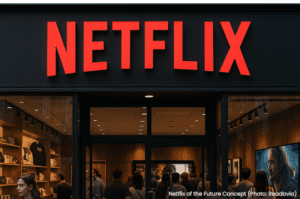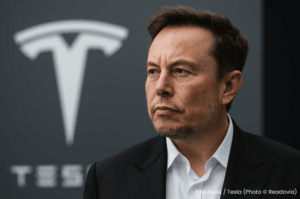Elon Musk has never been one to shy away from controversy. For years, his brash persona, unapologetic tweets, and larger-than-life ambitions made him a darling of Silicon Valley and a disruptor to watch. But as 2025 unfolds, America seems to be asking a new question: What happens when the showman starts to lose the audience?
According to Tesla’s most recent earnings report, sales have slumped significantly in Q1 — down nearly 9% globally, with the U.S. market showing the sharpest drop. While rising competition and softening EV demand play a part, there’s a growing conversation that Musk’s personal actions may be dimming the once-blinding glow of Tesla’s star.
And some are wondering — is this just about business, or is Musk’s influence eroding something deeper in the American landscape?
A Billionaire’s Shadow Over Public Service
In recent months, Musk has been in the spotlight not for innovation, but for what critics are calling a war against public institutions. From mocking regulators to willy-nilly efforts to shrink or undermind the IRS and other government agencies — Musk’s behavior has painted a picture of a billionaire increasingly at odds with the systems that hold society together.
Some reports have even suggested that cost-cutting moves at the IRS, including a 38% loss in staff in a key audit unit, may have disproportionately benefited ultra-wealthy figures like Musk, who are known for complex tax strategies and wealth shielding.
Public trust is fickle. And when people start connecting dots between billionaire favoritism, weakened government protections, and rising income inequality, it’s hard not to see a pattern — or a problem.
Tesla’s Drop May Be More Than Market Forces
Sure, the EV market is changing. Cheaper alternatives from overseas are flooding the market. Charging infrastructure debates rage on. But let’s not ignore the cultural side of the equation: people don’t just buy products, they buy into people. And for many Americans, Elon Musk is becoming a harder sell.
Critics argue that Tesla is no longer seen as the underdog challenger to Big Auto — it is Big Auto now. And Musk’s detachment from everyday struggles, his flirtation with political extremism, and his tendency to dismiss criticism with a meme or a jab? That’s starting to wear thin.
Tesla sales aren’t just down — they’re down in the U.S., among the very demographic that once championed sustainability, technology, and rebellion against fossil fuel giants. Could this be a signal that Musk’s personal brand is hurting the company he helped build?
The Bigger Picture: What Does This Say About Us?
Whether you love him or loathe him, Elon Musk has always been a mirror. He reflects where we are as a culture — our fascination with wealth, power, disruption, and ego. But as 2025 moves forward, that reflection is getting harder to look at without flinching.
So here’s the real question:
Are Americans finally drawing the line between admiration and accountability? What do you think?
The Author

Jewel Perry
Editor-in-Chief, Readovia














